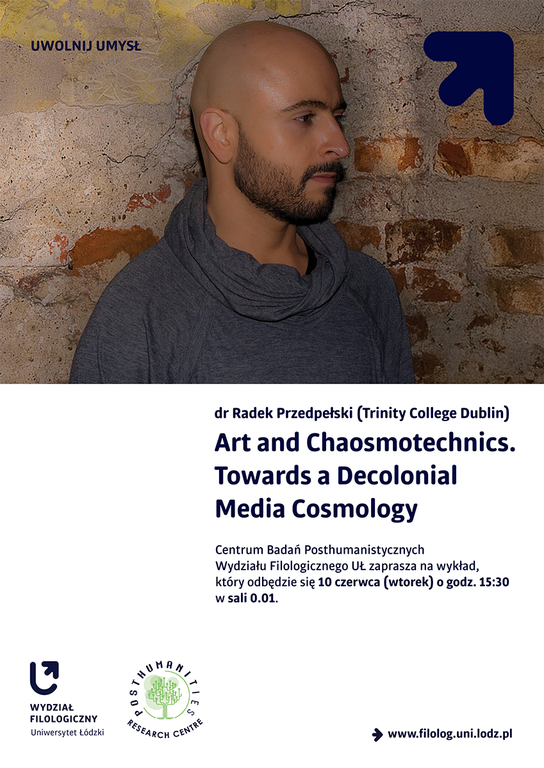
What is the status of digital media under the condition of planetarisation of contemporary ICT technologies, quantum computing and AI? In his reading of Deleuze and Guattari, Jussi Parikka has grounded digital media in the earth’s material affordances while emphasising the need to look at obsolete past practices and devices in order to account for the functioning of contemporary media. However, Parikka’s recent focus on imperial scientific practices of surface-building as privileged modes of understanding planetary change fails to articulate a decolonial paradigm for engaging with contemporary media (art). The presentation develops the notion of chaosmotechnics as a dialogue with the work of philosopher Yuk Hui. Hui coined the notion cosmotechnics to highlight the way technical activities such as art tap into their underlying cosmologies, with a recent case study of traditional Chinese Shan Shui landscape paintings.
Inspired by Jerzy Ludwiński’s theory of art as an energetic mountain, Jadwiga Echaust’s cosmopoetics, James Joyce’s chaosmos and Witold Gombrowicz’s cosmos-building, chaosmotechnics is an inclusive model of artistic creativity that designates artistic techniques of harnessing cosmic forces and bringing together disparate timelines while remaining radically open to contingency and transductive becoming. Such artistic cosmologies are specific models of entangled human and non-human relations on both molecular and the planetary level. Chaosmotechnics is an inclusive model of artistic creativity which deterritorializes the binary take of identity, foregrounding the notion of migrant becoming and problematising essentialist approaches to culture
The presentation will illustrate the concept of chaosmotechnics by showing examples of what I call the “esoteric” strand of neo-avant-garde practices in the Polish People’s Republic in the 1970s in an effort to decolonise a West-centric art history. I am going to frame these marginalised practices as precursors of small-file media, the notion developed by media scholar Laura U. Marks to designate experimental ecological media works of no more than 1.44 MB per minute in online transmission. The presentation will conclude by a discussion of selected intercultural small-file media artworks.
Radek Przedpełski, Phd, is an artist and media scholar lecturing in interactive digital media at Trinity College Dublin and Fuzhou University, China. Radek is also a Postdoctoral Research Fellow in the TCD School of Engineering working on the project “Not a Space Race. Towards a New Quantum Policy.” Radek graduated from TCD with a PhD in Digital Art and Humanities, interrogating neo-avant-garde performance of the 1970s in the Polish People’s Republic. Radek co-edited with S. E. Wilmer a volume on Deleuze, Guattari and the Art of Multiplicity (Edinburgh University Press, 2020). Radek is currently writing a monograph on marginalised performance artist Marek Konieczny (1936-2022). Radek is a co-curator of the annual Small File Media Festival of sustainable media art founded by Laura U. Marks and hosted by Simon Fraser University, Vancouver. Inspired by mytho-ecologies of Outer Carpathian Mountains and Éire, Radek's artistic practice explores entanglements between the earth, the cosmos, and sustainable artistic techniques. Radek presented multichannel installations at the Quadrangle Gallery, Galway; Ghent, Belgium; Vancouver’s Studio T Gallery; and Seyðisfjörður, eastern Iceland. Radek also researches Polish Tatar culture; he translated a volume of Tatar rubaiyyat into English and taught on Turkic resonances in Polish culture.
